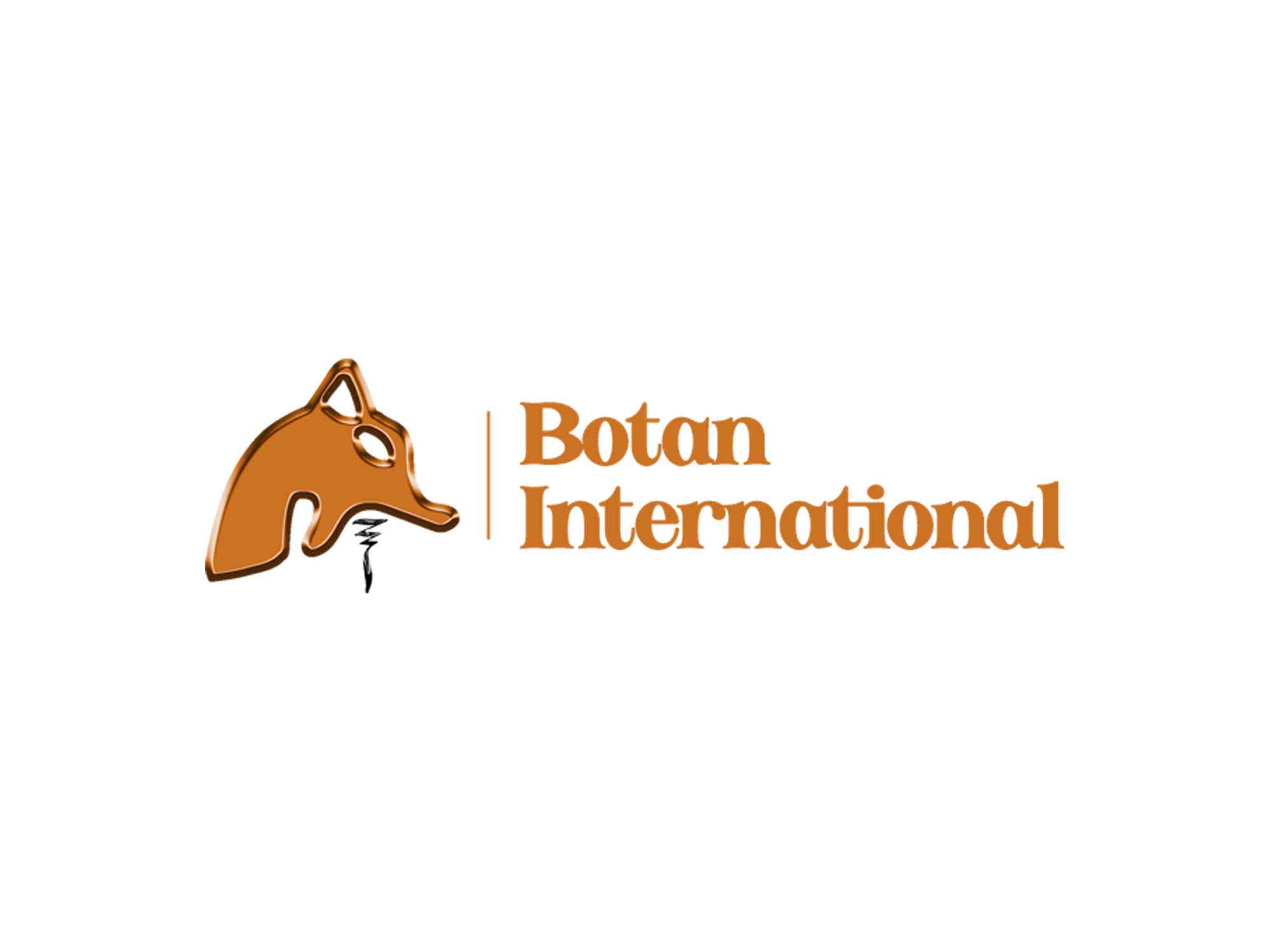Yenişehir neighborhood, Ali Emiri 1st Street, Nuyap Center Office, Floor: 2 No: 13 Post Code: 21100 Yenisehir/ Diyarbakir
info@botaninternational.com
+90 412 503 11 96
Kurdish Digital Media Workshop: Day 4

Kurdish Digital Media Workshop: Day 4

Kurdish Digital Media Workshop Day 4: December 18, 2020
Lesson 1: Safiya Alagas, “Reporting on Women: Experiences and Recommendations”
News reporting, much like a lot of things in our world, has a very male-dominated perspective. Rarely do we find a news story with a female point of view. Safiya Alagas, editor of JinNews says, “women’s rights publications require a different language to report news than the one used by the mainstream media.”
This is because, with a unique point of view, women are able to tell the same story in a different language, which at times may be more positive or socially aware than that written by a man. “Why are women’s news agencies necessary? Because we need a perspective that uses appropriate language to address women’s issues in a positive way, ” Safiye says.
She argues that the perspectives of men and women are very different and so it’s important for women to write news as well. This is not to say that only women’s news agencies are responsible for reporting on women’s news, she says. It just means that a more socially conscious language needs to be adopted in mainstream media to be sensitive towards the way news stories affect different groups of people.
Kurdish women have a long history of contributing to the growth of Kurdish media in the twentieth century with their publications – from telling and writing news stories. Safiye provided an exhaustive list, decade by decade, regarding the contributions women have made in Kurdish publications.
In total, Safiye says according to her research, there have been six hundred and six publications made by Kurdish women over various platforms of media during the twentieth century.
From her research, Safiye has found that after the year 1990 there was a shift in Kurdish society. Where once their voices were muted and very few publications were made available, after 1990 there was an increase in publications on various platforms in an effort to amplify their voices.
With all these opinions available for consumption, it became clear that there was a need for guidelines on why the language should be considerate of its audience. In Safiye’s opinion, “news reporting must take into consideration its lasting impact on the future. Online news stories remain for a while and are easily accessible.”
Lesson 2: Siraz Baran, “The Rights of Users and Journalists on Digital Platforms”
Over the course of human history, we’ve been privy to new ways of communication. And as much as these new forms of communication have aided in bringing the world together, it’s also created new ways in which people can take advantage of one another. Siraz Baran, a lawyer with the Diyarbakir Bar Association, says that digital rights are a new concept in modern human history that needs to be equally regarded as any other form of law and order.
The early building blocks of the Internet were set in 1960 and from there – as the saying goes, “the rest is history.” With millions of users online, across an array of social media platforms – YouTube, Twitter, and Instagram to name a few – a framework of legal rights and protocols became a necessity.
“There’s always a chance for anyone’s rights to be violated on digital platforms. Knowing your rights protects you,” says Siraz. The ‘Italian Declaration of Internet Rights’ became an internationally recognized guideline for every country to protect the rights of their citizens on the internet.
It’s very clear why we need a system of governance for internet use but are we always able to successfully protect ourselves? No. Unfortunately, not in all instances of internet rights violation is there a just and fair outcome.
Take the ‘#metoo’ movement that started in the United States in 2017, when actress Alyssa Milano started tweeting about sexual harassment in the entertainment industry. Thousands of women, young and old, came forward with their stories, and not to anyone’s surprise, a lot of them didn’t have a proper legal leg to stand on.
Regardless of the outcome of some cases, Siraz says, “the ‘#metoo’ movement was significant because it really brought digital rights to the forefront.” Suddenly there was a gradual shift in perception of how we safeguard ourselves and our information online.
Why is it important for journalists to know? News reporting and storytelling has become more internet-user friendly. With millions of users, news agencies have made their new stories available online. So in order to protect themselves, it’s important for journalists to know what is in their legal arsenal.
Written by Veen Sulaivany with Contributions from Defne Mercen Hocaoglu
Edited by Murat Bayram
© 2024 Botan International All rights reserved.

